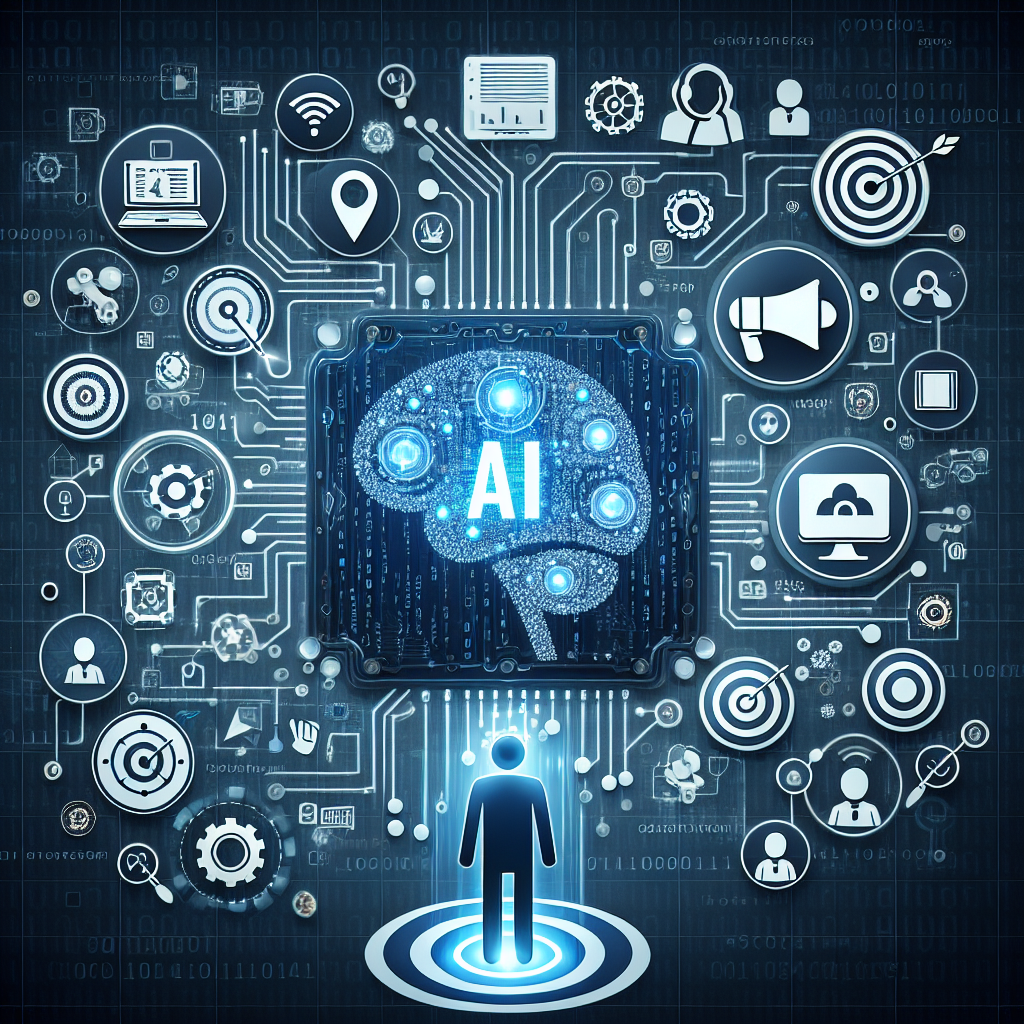In today’s fast-paced and competitive business landscape, providing exceptional customer experience is crucial for success. Customers are more demanding than ever, expecting personalized and seamless interactions with brands at every touchpoint. This is where Artificial Intelligence (AI) in marketing comes into play, offering businesses the tools and capabilities to enhance customer experience and drive loyalty.
AI is revolutionizing the way businesses interact with customers by enabling them to deliver more personalized and relevant experiences. By leveraging AI technology, marketers can better understand customer behaviors, preferences, and needs, allowing them to tailor their marketing efforts accordingly. From personalized product recommendations to chatbots that provide immediate customer support, AI is transforming the customer experience landscape.
One of the key ways AI is improving customer experience in marketing is through the use of predictive analytics. By analyzing vast amounts of data, AI algorithms can predict customer behavior and preferences, allowing marketers to anticipate their needs and deliver targeted messages at the right time. This not only increases the chances of converting leads into customers but also enhances customer satisfaction by providing them with the information they need before they even realize they need it.
Another way AI is enhancing customer experience is through the use of chatbots and virtual assistants. These AI-powered tools can provide instant support to customers, answering their questions, solving their problems, and guiding them through the purchasing process. This not only improves efficiency and reduces response times but also provides customers with a seamless and convenient experience, ultimately leading to higher satisfaction levels.
AI is also enabling businesses to personalize their marketing efforts on a large scale. By analyzing customer data and behavior, AI algorithms can create highly targeted and relevant marketing campaigns that speak directly to each individual customer. This level of personalization not only increases engagement and conversion rates but also fosters stronger relationships with customers, leading to increased brand loyalty and advocacy.
Furthermore, AI is helping businesses understand and act upon customer feedback more effectively. By analyzing customer reviews, comments, and social media interactions, AI can identify trends, sentiment, and areas for improvement, allowing businesses to address issues proactively and enhance the overall customer experience. This real-time feedback loop enables businesses to continuously optimize their marketing efforts and deliver a superior customer experience.
In addition to improving customer experience, AI in marketing also offers businesses a competitive advantage. By leveraging AI technology, businesses can gain insights into market trends, competitor strategies, and customer preferences, allowing them to stay ahead of the curve and adapt their marketing efforts accordingly. This proactive approach to marketing not only helps businesses drive growth and profitability but also positions them as industry leaders in customer experience innovation.
However, despite the many benefits of AI in marketing, there are also challenges and considerations that businesses need to be aware of. For example, privacy concerns around data collection and usage, ethical considerations around AI algorithms and decision-making, and the potential for bias in AI systems are all important factors that businesses need to address when implementing AI in their marketing strategies.
Overall, AI is transforming the customer experience landscape in marketing, offering businesses the tools and capabilities to deliver personalized, seamless, and engaging interactions with customers. By leveraging AI technology, businesses can drive loyalty, increase satisfaction, and gain a competitive advantage in today’s digital age.
FAQs:
Q: How can AI help businesses improve customer experience in marketing?
A: AI can help businesses improve customer experience in marketing by enabling them to deliver personalized and relevant interactions with customers, anticipate their needs, provide instant support through chatbots and virtual assistants, personalize marketing campaigns at scale, and analyze customer feedback to continuously optimize the customer experience.
Q: What are some of the challenges businesses may face when implementing AI in marketing?
A: Some of the challenges businesses may face when implementing AI in marketing include privacy concerns around data collection and usage, ethical considerations around AI algorithms and decision-making, the potential for bias in AI systems, and the need for proper training and expertise to effectively leverage AI technology.
Q: How can businesses ensure they are using AI in marketing ethically and responsibly?
A: Businesses can ensure they are using AI in marketing ethically and responsibly by being transparent about how AI is being used, obtaining customer consent for data collection and usage, monitoring AI systems for bias and discrimination, and following best practices and guidelines for AI ethics and governance.
Q: What are some examples of successful AI implementations in marketing?
A: Some examples of successful AI implementations in marketing include personalized product recommendations on e-commerce websites, chatbots and virtual assistants for customer support, predictive analytics for targeted marketing campaigns, and sentiment analysis for customer feedback and social media interactions.

